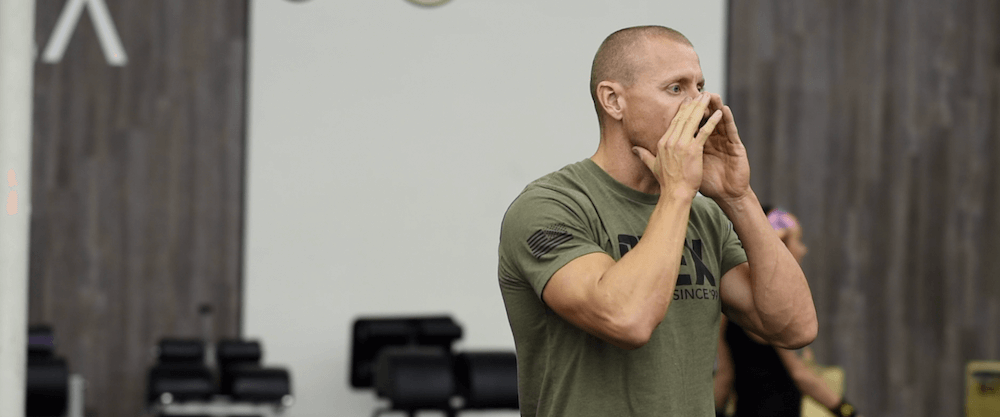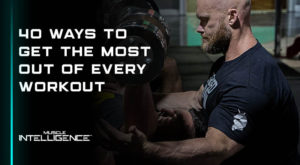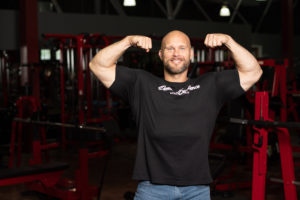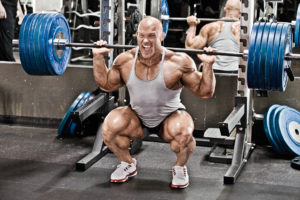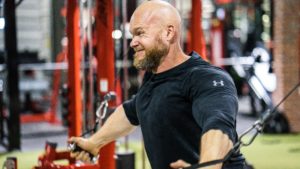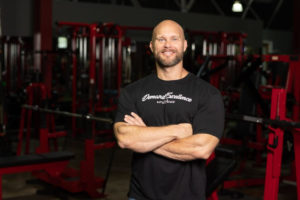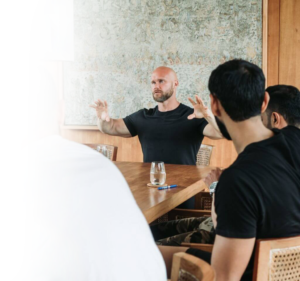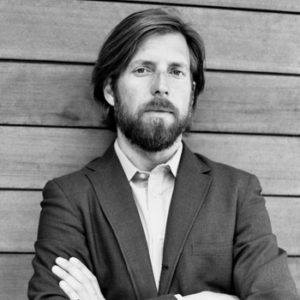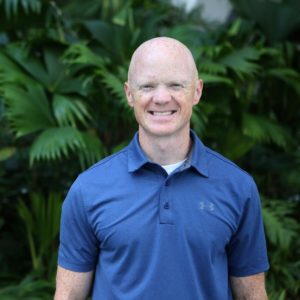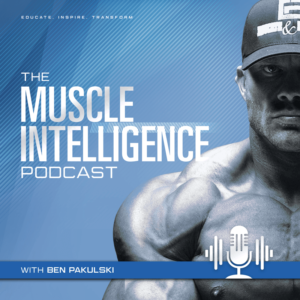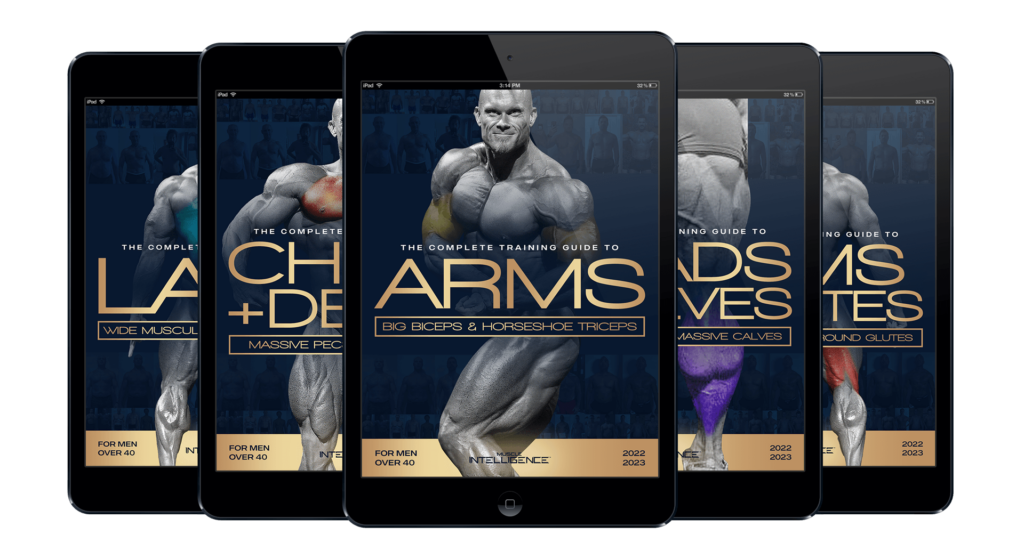This is an excerpt from Muscle Intelligence podcast episode 49: The Art and Science of Fitness Coaching with OPEX James Fitzgerald. This excerpt has been edited for clarity.
Ben Pakulski: I’d love for you to discuss what fitness means to you.
James Fitzgerald: Yeah, well, it has changed for me and that’s part of my answer too: I want people to recognize that fitness will mean different things to you along your journey. The way that I try to get people to organize a working definition for themselves is to ask themselves what the current practices are in fitness today, and how that relates to longevity.
Therefore, you have to define what you consider longevity; and my definition of it is to be able to hike up a mountain at 95, maybe have sex in the morning. Hike up a mountain at 95 and then fall off and smile on the way down and really consider that it’s a purposeful, mentally driven, non-medicinal journey, right?
Now, if you reverse engineer that backwards, you have to ask a question around, well, what kind of physical challenges and cognitive challenges do people have to go through to get them to their max personal potential, so that they can live that lifestyle that they want. Get them to become better critical thinkers, so they can be a better father, an awesome CEO, an elite swimmer, whatever it is.
Fitness is the medium that allows people to go through those physical and cognitive challenges: fitness gets them towards whatever beacon of longevity they choose. If you asked me what fitness was, you know, 15 years ago, I would have spit out something that was slightly Greg Glassman-esque, based upon his proposed definition back in the late ‘90s which was being well-rounded, having broad capacity fitness and I really like that. That totally make sense to me and that’s why I got on board with it and drank it really hard. But my idea of fitness has evolved over time to be more of a connection to a journey that people go through.
BP: I assume I know nothing about OPEX and I walk into your gym, what’s the first thing I see and what is the first thing that you consciously wanted your demographic to see?
JF: Well, we want them to recognize the power of the relationship and we want them to recognize that relationships is where everyone wins in fitness. So when people come into OPEX gyms, I want them to see that we really do honor the coach-client process. I may be biased, but I think it is the best way for a coach to form relationships with people in a professional environment. That is what I want them to see.
I also want them to recognize that they are going to get a program design based upon what their capabilities are, not what they may believe is best or what they think they are supposed to do. And I want them to recognize that we try as best as possible to come up with some form of analysis that would allow you as a client to go, “Oh yeah, that makes sense. That is probably what I should be doing in exercise.” And then we want them, third, to recognize the process that we have in this relationship is ultimately to lead them to autonomy, which is an uncomfortable spot if you are a not conscious coach to think about.
But you really want to go to bed at night and smile as a coach over years and years of service, by knowing that you have, as I said, contributed to other people such that they are capable to navigate this thing without you, right? That is the true definition of autonomy. Meaning they’ve learned how to chew their broccoli. They have learned how to teach their kids about best snacks. They are teaching their loved ones about what kind of movements they can do at home.
They are being consistent in their exercise and you may not even be involved anymore. So you are moving people into this autonomous function, outside of the relationship. And that is what I want both clients and coaches to recognize.

